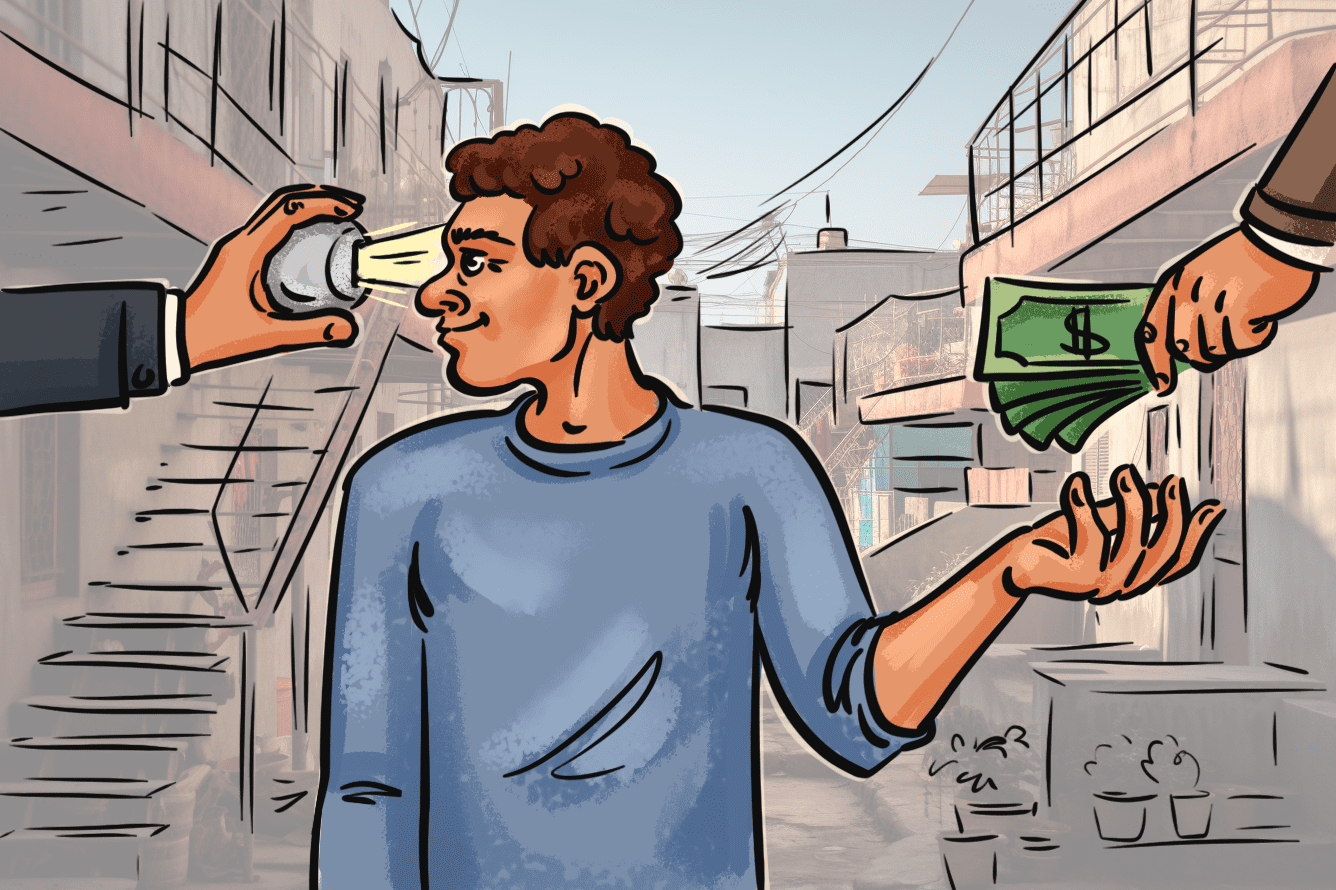
Since their launch in June, over 1 million people have had their iris scanned by the “Orbs” distributed in supermarkets and shopping malls around the world in return for some WLD tokens and a digital passport.
However, the numbers alone tend to hide the fact that Worldcoin is off to a rough start. The “global ID infrastructure” project has been forbidden in Kenya, is being mindlessly adopted in Chile, and could soon be replaced in Argentina.
“Things are getting crazy with AI”, noted Tiago Sada, Head of Product of Tools of Humanity, the partner company of Worldcoin, speaking on the Chain Reaction Podcast last month.
While Sada may be right when he says that “over the next five years, it will become exponentially more difficult to tell humans apart,” the idea that to secure themselves against it, people will have to submit their biometrical data to a company co-founded by the creator of ChatGTP is for many, hard to swallow.
Governments Concerned About Data Security
Data regulators in Britain, France, Kenya and Argentina started investigations into Worldcoin in the first week after the company began worldwide operations. In Germany, inquiries by financial and data regulators have been going on for almost a year.
Governments are assessing if the storage of private biometrical data complies with data privacy laws and whether the tokenomics of the project is in accordance with financial and digital assets regulations.
In Kenya, where no laws on virtual assets exist, a special inquiring Committee on Worldcoin activities suggested to the government that the firm should be banned in the country until the market is adequately regulated.
The “Orbs” have been confiscated and activities suspended in the East African country since August when crowds from the Nairobi slums descended into the city center to receive a month’s salary in return for an iris scan.
The “World” in World IDs might become a subterfuge if Kenyan actions inspire other countries to take a firm stance in marking their territory and proclaiming their sovereignty over citizens’ private and sensitive information.
Experts Concerned About Worldcoin Claims and Tactics
In countries where Worldcoin hasn’t caused the authorities quite as much concern, adoption can be counter to the project’s mission.
Last week, the company clamored that in Chile, 1% of the population has already received their World ID, but who is signing up and why somewhat taints this achievement.
Since launching on July 24th, the project has been widely and openly criticized by industry experts who think that decentralization of both hardware and software is some way behind where it needs to be for a project handling such sensitive information and that, given the pace of technological development, the security Worldcoin claims can only be assured momentarily.
As a crypto project, Worldcoin is then an outsider. The 1 million people who have so far let their iris be scanned are not doing it for the value of the project; they are doing it for the money.
The project has been under fire by critics for, under a banner of equality, leveraging users’ poverty to acquire new accounts. In Chile, the 25 WLD tokens that users receive when registering their eyes on the “Orbs” can be exchanged for around $40, a considerable sum given that the country’s minimum wage is around $500 per month.
Worldcoin Lacks Use Cases
With an incentive scheme that keeps on gifting tokens to users, Worlcoin has been able to prevent people from uninstalling the app after collecting their WLD, obfuscating the current lack of utility in their digital passports.
When asked which websites were using a World ID for user authentication, Tiago Sada mentioned that the company had developed a plug-in for Discord and partnered with authentication services provider Auth0 so that websites could easily allow users to log in with their World IDs. Yet, so far, only the project’s own Discord is using it.
This can all change very quickly if platforms start requiring proof of personhood to prevent scams and tell human and AI-produced content apart. Sada is especially hopeful that, ahead of the 2024 elections in 80% of the world democracies, social networks will begin using Worldcoin as a means of hampering the proliferation of fake news.
But before the golden days of Worldcoin arrive, Sam Altman’s passion project also faces the issue of being replaced by similar services. In Argenina’s capital of Buenos Aires, the city government is rolling out an app built on blockchain and using zero-knowledge proofs where citizens can store their personal data, which can also be used for authentication purposes.
Such infrastructure benefits from depending on a central democratic elected institution rather than an autocratic project with worldwide ambitions of collecting the biometrical data of everybody.
There is a tendency to give U.S. private companies power over individual data, but either because the eyes are the mirror of the soul or because handling biometrical data is a perilous trade, this time around, success is not so certain.

